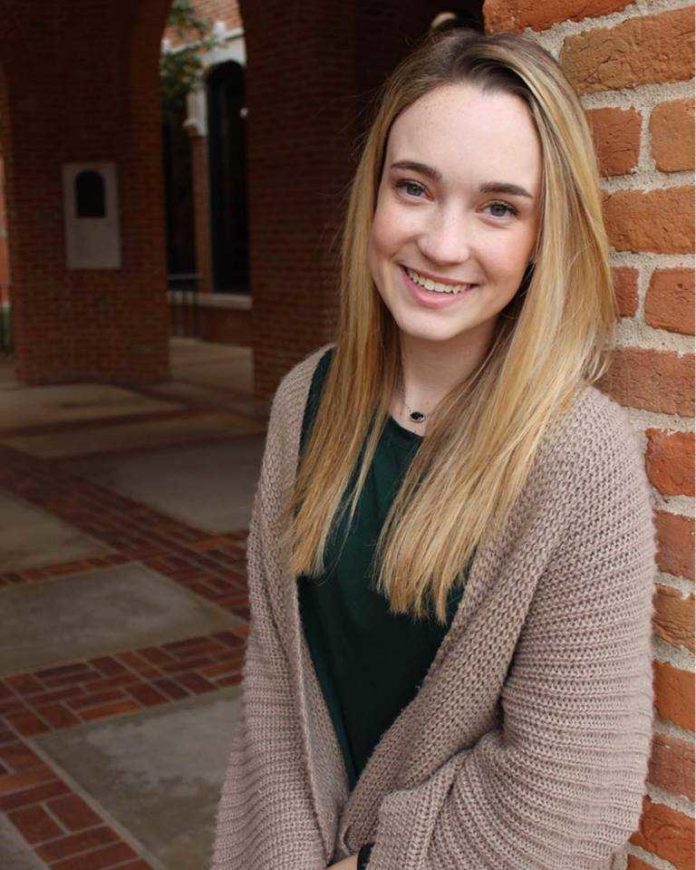By Paige Hardy | Contributor
I went to a discussion panel in Alexander Reading Room on April 10 that attempted to answer the question, “How should Baylor address sexual ethics as a Christian university?” I use the term “discussion” loosely, because in reality it was a group of four like-minded seniors and a moderator patting themselves on the back for solving sexual assault through Christianity.
I knew this panel would be problematic from the start when three of the four panelists used the phrases “sexual assault scandal” and “taking care of survivors” in the same sentence. One thing needs to be made very clear: As a survivor of sexual assault at Baylor, I am not a scandal. My story is not important because of how it affects the value of your degree or how well our football team plays. My story is important because I am a human being made in God’s image who was used as an object.
One idea this panel had was to substitute or add a section of “Christian Sexual Ethics” to Title IX training. I understand the sentiment; By talking about sex, it feels like Baylor is betraying our Christian identity.
The panel also suggested we address the dangers of premarital sex during Title IX training. My main problem with this idea is that this panel equated the pain of sexual assault to the consequences of consensual, premarital sex. They connected the two through the feelings of guilt that can plague both situations. These two forms of guilt should never be equated. Sexual assault is a crime which can leave survivors with the irreparable effects of trauma. Consensual, premarital sex is, at most, a mistake. Trying to prevent both in the same setting equates the two, either minimizing the experience of a survivor or exaggerating the experience of a sexually active student.
I would critique more of the suggestions this panel made, but it offered no actual substantial solutions. The panel talked about the prospect of discussing sexual ethics without ever going into what that discussion would look like. When asked to name specific solutions or address specific problems with their proposed plans, the panelists would either say they were unfamiliar with the Title IX process or that they had not prepared for that topic.
As a religion major who was sexually assaulted, I spent almost two years struggling with the truth. We need to recognize that oftentimes the perpetrators in these situations claim to be Christians themselves. We need to stop equating assault to consensual, premarital sex, and vice versa. We need to listen to survivors to hear what they need, rather than pray about it and put a panel together about our findings. I appreciate the effort, but if we want to truly help survivors, we cannot do it from highly philosophical discussions, but instead from being down in the trenches, wresting with tough questions along with survivors.
Paige Hardy is a junior journalism and religion double major from San Antonio.






